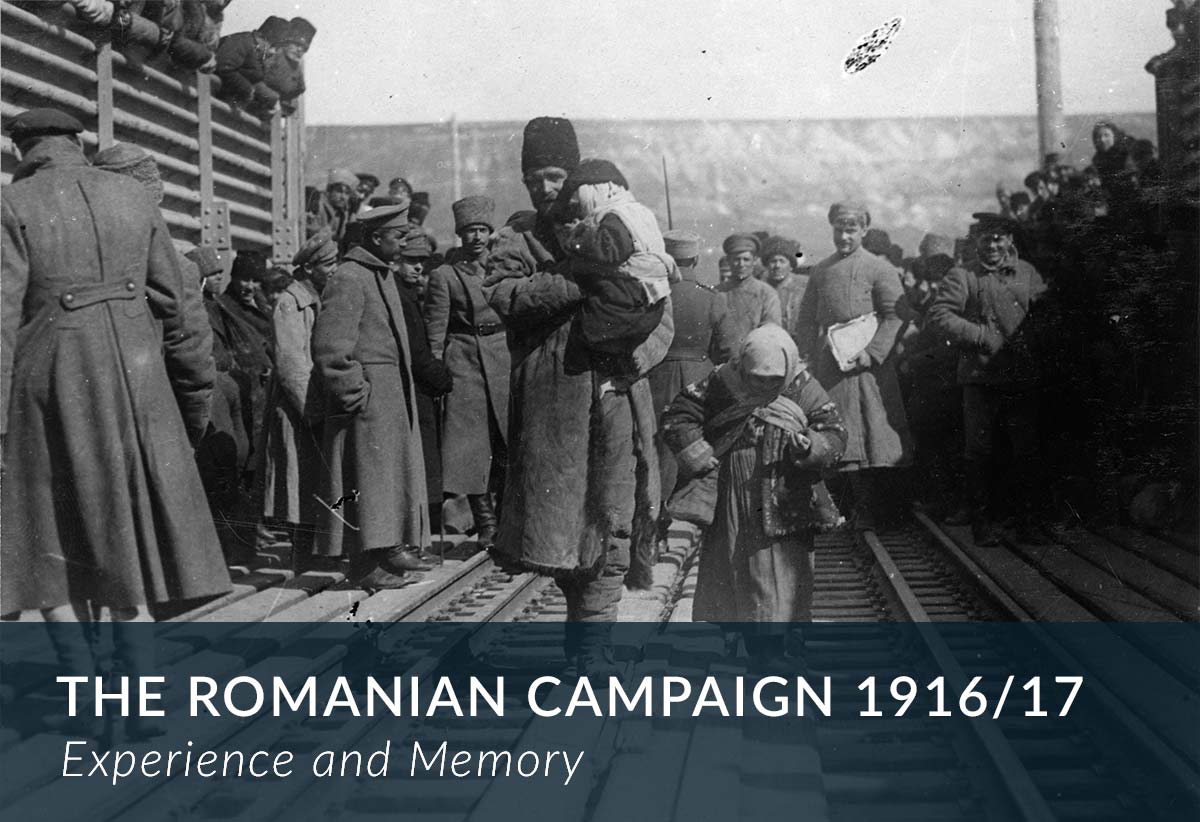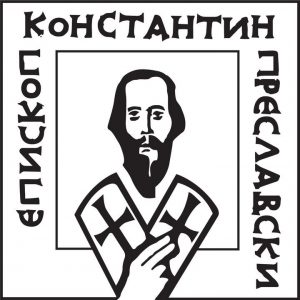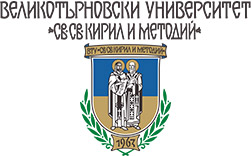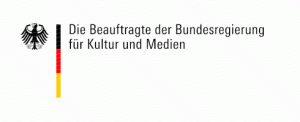Organizer: Dr. Gundula Gahlen (Freie Universität Berlin), PD Dr. Stefan Minkov (Konstantin-Preslavski-University, Center for Military History, Shumen), Deniza Petrova M.A. (Freie Universität Berlin), Dr. Oliver Stein (Freie Universität Berlin)
Monday, 26 September 2016
Welcome and Introduction (9:00–9:30)
Prof. Dr. Khristo Bondjolov, Rector of the St. Cyril and Methodius-University Veliko Tarnovo
Greeting
Prof. Dr. Georgi Kolev, Rector of the Konstantin-Preslavski-University Shumen
Greeting
Gundula Gahlen/Deniza Petrova/Oliver Stein (Freie Universität Berlin)/Stefan Minkov (Konstantin-Preslavski-University, Center for Military History, Shumen)
Introduction: The Romanian Campaign 1916/17 – Experience and Memory
I. Coalition Warfare
Panel 1: Experiences before the Romanian Campaign (9:30–10:45)
Chair: Danilo Šarenac (Serbian Institute for Contemporary History, Belgrade)
Gerald Volkmer (Bundesinstitut für Kultur und Geschichte der Deutschen im östlichen Europa, Oldenburg)
Die Haltung der politischen und kulturellen Eliten Rumäniens gegenüber den Mittelmächten 1914–1917 [The Attitude of Romania’s Political and Cultural Elites towards the Central Powers 1914-1917]
Jan Vermeiren (University of East Anglia, Norwich)
The Central Powers and the Romanian Question, 1914-1916
Discussion
Coffee break 10:45-11:00
Panel 2: Perception and Effect of the Romanian Campaign (11:00-12:15)
Chair: David Hamlin (Fordham University, New York)
Bernhard Bachinger (Ludwig Boltzmann-Institut für Kriegsfolgen-Forschung, Graz)
Der Feldzug in Rumänien 1916 und seine Auswirkungen auf die Koalitionskriegsführung der Mittelmächte an der Saloniki-Front [The 1916 Romanian Campaign and Its Repercussions for the Central Powers’ Conduct of War on the Salonika Front]
Daniel Marc Segesser (Universität Bern)
“Three strikes at a “soft underbelly”: Gallipoli, Italy and Romania in comparison
Discussion
12:15–14:00 Lunch break
Panel 3: War Experiences in the Coalition Armies of the Central Powers (14:00–16:15)
Chair: Gundula Gahlen (Freie Universität Berlin)
Deniza Petrova (Freie Universität Berlin)
Die Koalitionskriegführung im Rumänienfeldzug und seine Protagonisten 1916/17: das Militär zwischen Kooperation und Konflikt [Coalition Warfare in the Romanian Campaign and its Protagonists 1916-18: The Military between Cooperation and Conflict]
Nikolay Prodanov (St. Cyril and Methodius-University Veliko Tarnovo)
Vzaimodeystvie i sŭtrudnichestvo mezhdu voenno-razuznavatelnite sluzhbi na Tsentralnite sili v navecherieto i po vreme na Rumŭnskata kampaniia 1916-1917 [The Cooperation between the Military Intelligence Services and Reconnaissance Stations of the Central Powers on the eve of and during the Romanian Campaign 1916/17]
Tamara Scheer (Universität Wien)
Expectations and Experience: Habsburg Romanian Soldiers during World War I
Axel Bader (Georg-August-Universität Göttingen)
Das Württembergische Gebirgsbataillon als deutsches Elitekorps im Rumänienfeldzug. Interne Konflikte, Adaptionspraktiken und Wahrnehmung kulturellen Gefälles im Bewegungskrieg [The Württemberg Mountain Bataillon as a German Elite Corps in the Romanian Campaign. Internal Conflicts, Adaption Practices and Perception of Cultural Differences in Mobile Warfare]
Discussion
Coffee break 16:15-16:30
Panel 4: War Experiences in the Romanian-Russian Coalition (16:30–18:30)
Chair: Harald Heppner (Universität Graz)
Claudiu Lucian Topor (“Al. I. Cuza” University of Iasi)
Kriegserfahrungen der rumänischen Soldaten im Rumänienfeldzug [War Experiences of the Romanian Soldiers in the Romanian Campaign]
Vasily Kashirin (Russian Institute for Strategic Studies, Moscow)
The Russian participation on the Romanian front in 1916-1917: general overview of war efforts and combat experience of troops
Danilo Šarenac (Serbian Institute for Contemporary History, Belgrade)
Globalizing the war. The Serbs in Dobruja in 1916
Oliver Schulz (Université „Blaise Pascal“, Clermont-Ferrand)
Liebste Feinde? Frontalltag und Kriegserfahrung russischer und bulgarischer Soldaten an der rumänischen Front 1916-1917 [Favourite Enemies? The Everyday Life on the Front and War Experience of Russian and Bulgarian Soldiers on the Romanian Front 1916-1917]
Discussion
Reception
Tuesday, 27 September 2016
II. Military and Population
Panel 5: The Military View of the Population (9:00-10:10)
Chair: Gerald Volkmer (Oldenburg)
Gundula Gahlen (Freie Universität Berlin)
Eine Schule der Gewalt? Die Sicht der deutschen Kriegsteilnehmer im Rumänienfeldzug 1916/17 auf die Zivilbevölkerung [A School of Violence? The Perspective of the German Combatants in the Romanian Campaign 1916/17 on the Civilian Population]
David Hamlin (Fordham University, New York)
The British Blockade and the German Perception of the Romanian Countryside
Discussion
Coffee break 10:10-10:25
Panel 6: Civilian War Experiences during the Romanian Campaign (10:30-11:45)
Chair: Valentin Spiridonov (Tarnovo)
Olivia Spiridon (Institut für donauschwäbische Geschichte und Landeskunde, Tübingen)
Erfahrung der Siebenbürgenfront 1916 in memorialistischen, journalistischen und fiktionalen Texten aus siebenbürgisch-deutscher Perspektive [The Experience of the Transsylvanian Front in 1916 in Memorialising, Journalistic and Fictional Texts from Transsylvanian-German Perspective]
Daniel Cain (“Al. I. Cuza” University of Iasi)
The Image of the Bulgarian “Occupant” in Romanian Society
Discussion
11:45–13:30 Lunch break
Panel 7: Occupational and Trench Warfare Experiences (13:30–16:00)
Chair: Oliver Stein (Freie Universität Berlin)
Lisa Mayerhofer (München)
Frühe Planungen auf deutscher Seite zum Aufbau eines Besatzungsregimes in Rumänien [Early Plans on the German Side for the Development of an Occupation Regime in Romania]
Harald Heppner (Institut für Geschichte/Fachbereich Südosteuropa, Universität Graz)
Eroberung beendet, dennoch neue ‚Fronten‘: Österreich-Ungarn als Besatzungsmacht in der Walachei 1917/18 [A Conquest Ends and New „Fronts“ Begin: Austria-Hungary as an Occupying Power in Wallachia in 1917/18]
Coffee break 14:10-14:25
Valentin Spiridonov (St. Cyril and Methodius-University Veliko Tarnovo)
Dobrudzhanskiiat vŭpros v politikata na Tsentralnite sili v Pŭrvata svetovna voyna [The Dobruja Question in the Politics of the Central Powers in the First World War]
Stefan Minkov (Konstantin-Preslavski-University Shumen)
Germanskoto etapno upravlenie i bŭlgarskata politika v Severna Dobrudzha 1916-1918 [German Rear Echelon Administration and Bulgarian Politics in North Dobruja 1916-1918]
Discussion
16:15-17:15 100 Years Romanian Campaign 1916/17. Research Desiderata and Prospects from the Romanian and Bulgarian Points of View: Comment Session with Daniel Cain (“Al. I. Cuza” University of Iasi), Danilo Šarenac (Serbian Institute for Contemporary History, Belgrade), Radoslav Mishev (St. Cyril and Methodius-University Veliko Tarnovo), Milen Mihov (St. Cyril and Methodius-University Veliko Tarnovo)
Dinner together
III. Remembrance Culture
Wednesday, 28 September 2016
Panel 8: Bulgarian and German Remembrance Culture (08:45–10:15)
Chair: Deniza Petrova (Freie Universität Berlin)
Dimo Georgiev (Konstantin-Preslavski-University Shumen)
Voynata na Tsentralnite sili sreshtu Rumŭniia 1916/17 i bŭlgarskiiat kult kŭm zaginalite [The Romanian Campaign 1916/17 and the Bulgarian Cult of the Fallen]
Dieter Storz (Bayerisches Armeemuseum, Ingolstadt)
Der rumänische Kriegsschauplatz in deutschen Kriegsbüchern [The Romanian Theatre of War in German War Books]
Ralf Gnosa (Mönchengladbach)
Der Rumänienfeldzug in literarischer Gestaltung – Hans Carossas Rumänisches Tagebuch [The Romanian Campaign in Literary Form – Hans Carossa’s Romanian Diary]
Discussion
Coffee break 10:15-10:30
Panel 9: Romanian Remembrance Culture (10:30-12:15)
Chair: Daniel Marc Segesser (Universität Bern)
Romaniţa Constantinescu (Universität Heidelberg)
Weichenstellung des Imaginären: die unterdrückte Erinnerung an die Niederlage von Turtucaia/Tutrakan (19./24. August 1916) in der rumänischen Gesellschaft [Setting the Course of the Imaginary: The Suppressed Memory of the Defeat of Turtucaia/Tutrakan (19/24 August 1916) in Romanian Society]
Mihai Groza (Universität Cluj-Napoca)
Romanian Prisoners in the Camps from Germany and the Austrian-Hungarian Empire (1916-1918). Facets of Captivity reflected in the Collective Memory
Serinela Pintilie (Pedagogical High School “Vasile Lupu”, Iași)
The Remembrance of the Romanian campaign (1917) in teaching history. Battles and heroes during the communist period
12:15–13:30 Lunch break
Concluding Discussion (13:30–15:00)
Chair and Final Word: Oliver Janz (Freie Universität Berlin)
18:00-18:45 Film Screening of “Mackensen’s Triumphal March through Dobruja“ (1916, Bundesarchiv), introduced by Oliver Stein




